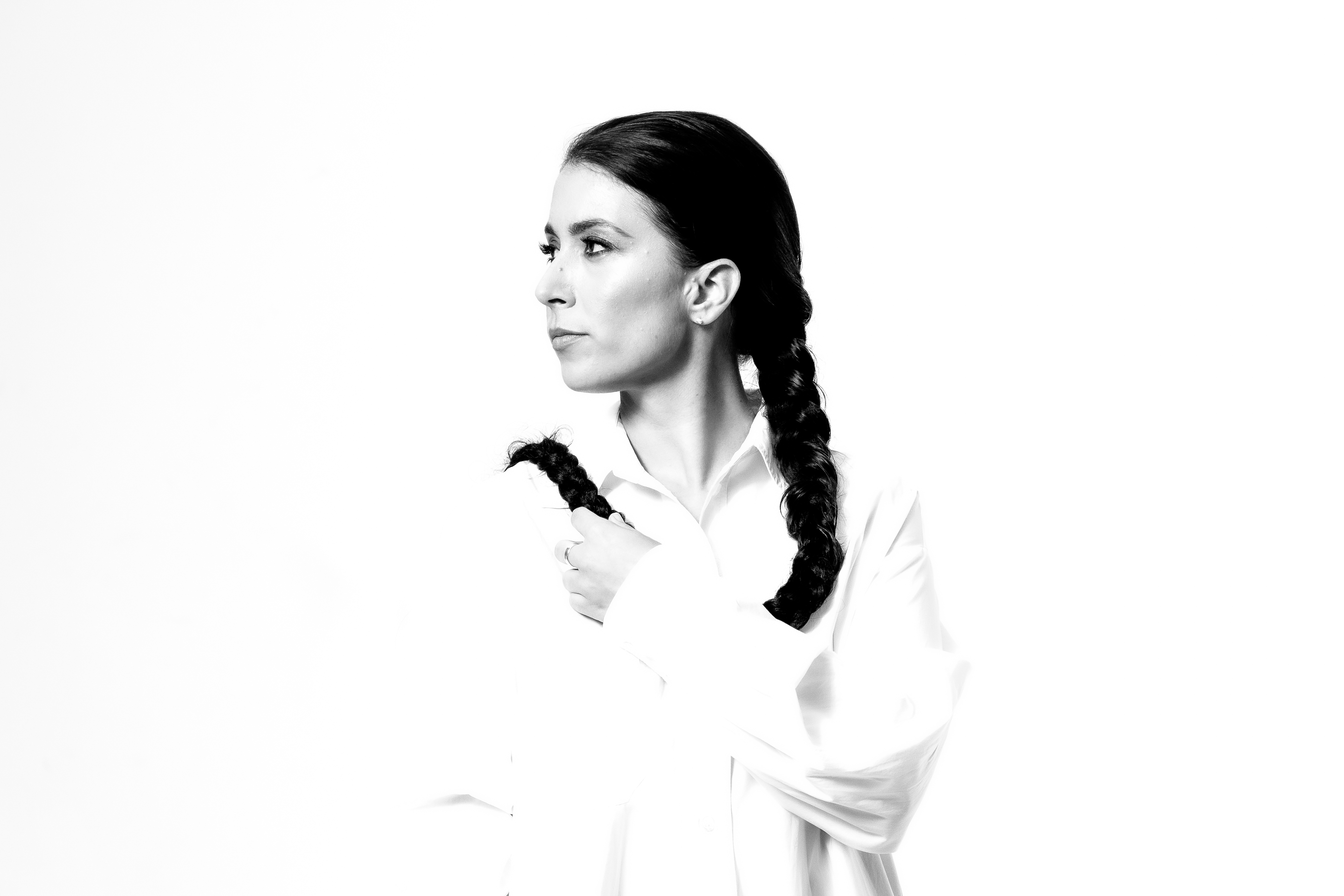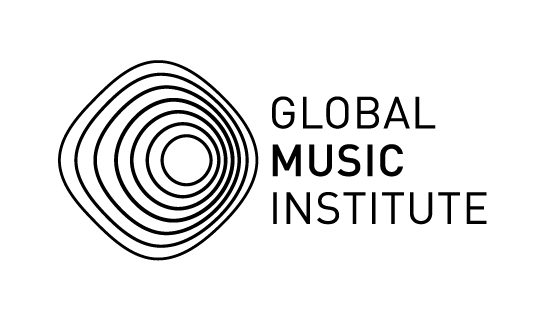
08 Apr When the Instrument is YOU by Aleksandra Denda
To music enthusiasts and students, through this digital space we bring you enriching pieces that further you on your understanding of your instruments. Today’s piece written by Aleksandra Denda, explores the intricacies of being a vocalist.
Body, mind, soul connection
Voice is such a unique instrument. It is the only instrument we are born with, but yet, as it can’t be seen or felt, one has to find their own way of “playing it”.
The voice moves the body and body moves the voice – they work together to bring the inner landscape into the outer world.
When the instrument is within us and not outside of us, we are intimately connected to the source of the sound on a physical, emotional and psychological level.
We sing better when we feel safe
Many vocalists might have noticed – we sing better when we feel safe, and the act of singing itself carries the potential to connect or regulate us back to a state of inner balance, both on a conscious and unconscious level.
How? Much of it is thanks to polyvagal theory.
Over 100 billion nerves stretch throughout our body. One of the largest and most important ones is called the Vagus Nerve – it’s the most ancient part of our brain that controls all involuntary commands: from our heartbeat to blood pressure to taste, circulation, digestion, gut, and fertility. As we evolved from reptiles to mammals, it grew new branches which included hearing nuances within voices, swallowing, recognizing facial expressions and controlling the voice.
Fight- flight -freeze and singing
When we feel safe, our autonomous nervous system slows our heart rate, deepens our breathing, allows digestion to happen, nutrients to be absorbed, cells to repair and the immune system to flourish. Oxytocin and serotonin are released and we feel balanced, joyful and filled with vigor.
When we feel under threat, our sympathetic nervous system ignites and we react with either the fight, flight or freeze reaction, readying our primal instincts to fight that tiger or run from that fire. Adrenaline starts to flood our system as our heart starts to race, our vision narrows and our digestion slows down (no time to chew when you have to “run for your life”).
Voice and trauma
The interesting thing about our fight-flight-freeze system is that we don’t only activate it when we are in real life-threatening danger, but in every situation we mentally and emotionally deem as dangerous, however benign it may seem on the outside.
Singing freely and authentically often means reclaiming self-empowerment.
Uncovering and naming beliefs, expectations, and trauma(s) that need to be worked through in order for one to restore the feeling of physical and psychological safety.
Singing is healing
Today there is research-based data which confirms that singing does wonders for our mental and physical health because of its power to regulate our autonomous nervous system. Much of it is connected to the profound effects of long breaths and deep breathing (just as in meditation), and the vibrations that happen in the body while producing sound.
Singing in groups even further enhances the body’s feeling of safety and I often have experienced this singing with my vocal group ROSA where we perform traditional Balkan music which entails rich sound with a lot of frontal resonance as well as overtones.
Rethinking Vocal Technique
As we’ve seen, there can be big physical consequences of stress and fear on a voice (most often jaw and tongue tension’s blockage of the free movement of the larynx and vocal chords) since much of the vocal system is involuntary (connected to the autonomous nervous system) where physical commands often aren’t enough.
This should make us rethink the way we approach vocal technique and transform it so that one puts more of an accent on the feeling of safety (physical, emotional) using visualization over voluntary muscle control.
In functional vocal training it’s believed that an individual authentic sound is only possible when the musculature of the vocalization is well trained and works together in a coordinated way.
By truly moving ourselves when making music, we get to move others. By truly getting to know ourselves through the act of singing and studying our instrument, we get to tap into so many dimensions of our being, uncovering its beauty and its flaws, and in that process, we can inspire our listeners to taste that freedom and aspire for authenticity.
Aleksandra Denda is an internationally recognized, Serbian- born vocalist, songwriter and educator who’s been featured on Grammy, Emmy and Latin Grammy albums and projects. As much at home in Jazz and Neo Soul, as in traditional Balkan singing among other World Music genres, her work explores the middle ground between cultures and genres, while honoring ancestral traditions. In the last 10 years, Aleksandra has performed at Carnegie Hall, The Kennedy Center, Museum of the Modern Art, United Nations Headquarters, collaborating and sharing the bills with the likes of Snarky Puppy, Rachelle Ferrell, Antonio Sanchez, Patrice Rushen, Bilal, Thana Alexa, Jose Merce and American Idol’s Michael Lynche. She is a co-founder of ROSA – an all-female a cappella group whose mission is to preserve and nurture the dwindling folk art of traditional Serbian singing. Her latest release ‘I Dwell’ in collaboration with Shilpa Ananth has been making the rounds and can be viewed here.



No Comments